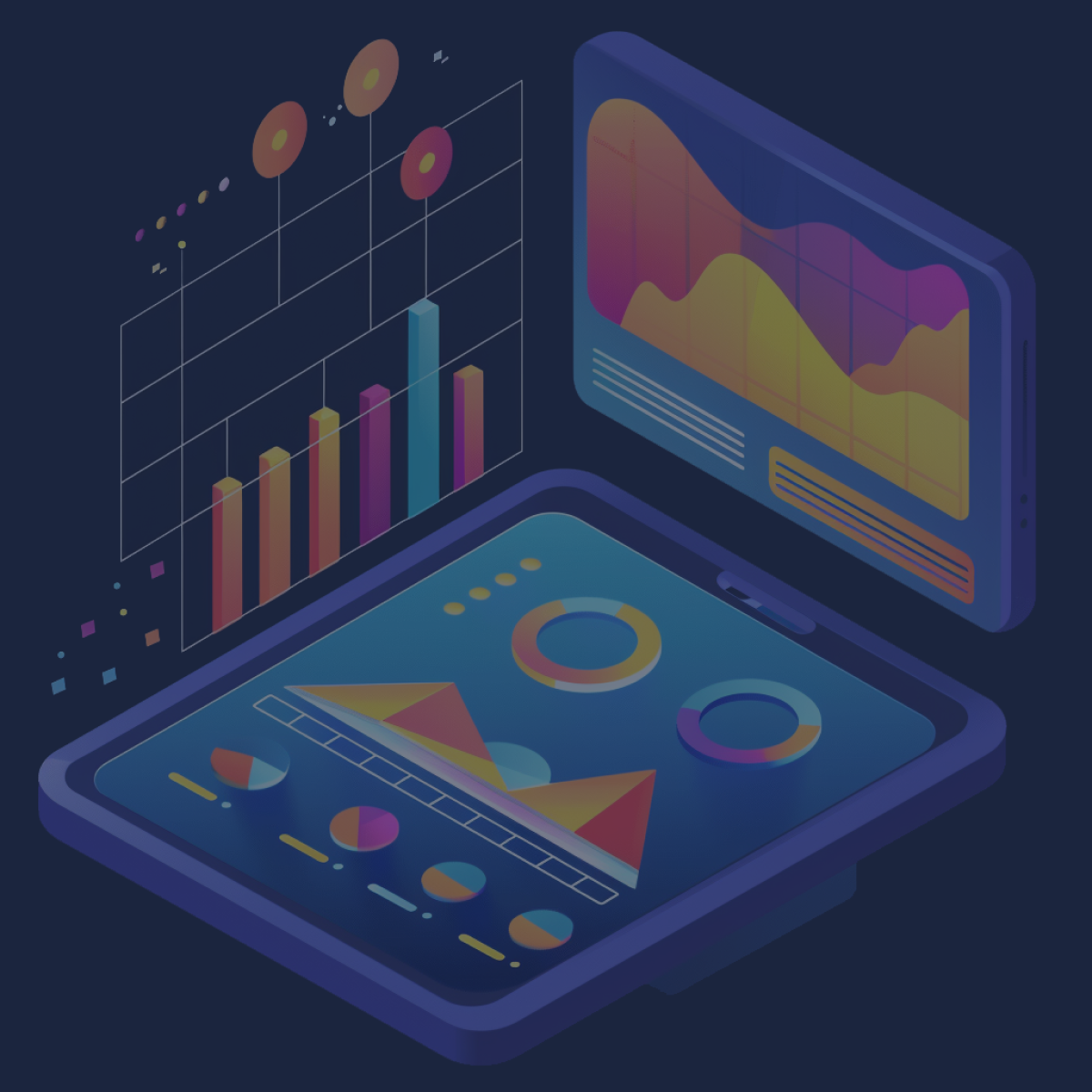How GDPR Changes Will Affect App Business
The General Data Protection Regulation (GDPR) rules came into effect on May 25, 2018. This new regulation serves to protect the personal data of EU citizens. It also allows citizens to exercise greater control over how organizations use their data. For app developers, data privacy policy and these recent GDPR changes are important topics to learn more about. Making sure your products comply with GDPR privacy rules should be a major priority moving forward.
The following are some ways in which the GDPR changes are likely to impact the app development process. Teams should keep these points about the European data protection law in mind from the start for any and all future projects, even those outside of the EU.
How App Owners Can Ensure GDPR Privacy Compliance
First, it’s important that app owners understand how data policy and the GDPR affect their products directly. While the European data protection law itself serves to protect EU citizens, any company or entity that handles the personal data of EU citizens must comply with it. In other words, even if your team is entirely based in the United States, if EU citizens use your app, these GDPR changes apply.
Adjust Your Data Privacy Policy language
That’s why it’s important to adjust the language in the end-user license agreement of your product’s data privacy policy to explicitly state that any data an app collects will be securely stored within the app’s system. App owners should also focus on providing users with the option to delete their accounts and all traces of their data from the system.
The ability to delete user information may need to be implemented in pre-existing apps as well as new apps. This is because, according to the GDPR privacy rules, EU citizens now have the right to data erasure.
Verification of Third Parties Involved With the Processing of Personal Data
Many app teams rely on third parties for data analytics features. It will be necessary to verify that any analytics packages used are compliant with GDPR rules. Simply assuming third parties will make the necessary adjustments to how they process personal data is not a proper strategy.
Update Security Protocols
In general, app owners should also re-evaluate the security protocols and tools they use to confirm that they offer the highest possible level of security. The manner in which user passwords are stored may also need to change both to comply with GDPR changes and to ensure you’re offering the most up-to-date security features to users.
When to Implement GDPR Changes to Your Data Privacy Policy
It’s worth noting that making changes to ensure GDPR privacy compliance will be a more urgent issue for some apps than it will be for others. Products that primarily or entirely serve non-EU customers may not need to update their collection and processing of personal data right away. App owners can even put temporary restrictions in place that prevent EU citizens from creating an account until the appropriate GDPR changes have been made.
On the other hand, it’s no secret that many (if not most) apps reach users throughout the world. That includes the EU.
If this is true of your past projects, future projects, or both, make sure your team prioritizes GDPR compliance in your data privacy policy changes. Adhering to the European data protection law isn’t just about adhering to new regulations; it’s about letting users know the company values their privacy and will swiftly take action to protect it.
Bobby Gill









